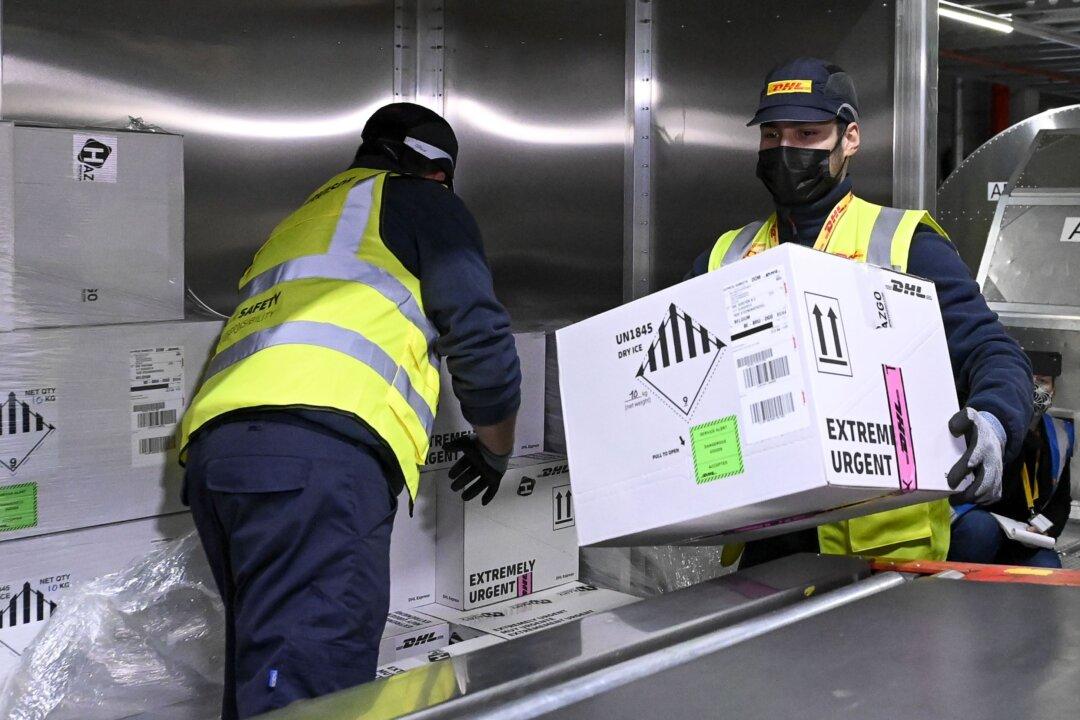The prime minister’s recent announcement that Canada will get a COVID-19 vaccine later than other countries could put a dent in the public’s general approval of the Liberals’ handling of the pandemic, pundits say.
The United States, the U.K., and Germany have announced plans to begin vaccinations in December, but Canadian officials have said that, at best, three million Canadians will be vaccinated early in 2021, with priority going to front-line workers and people at risk.





